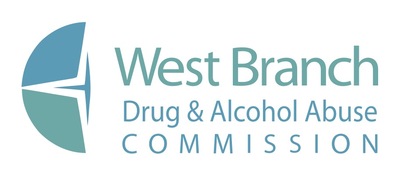How to Determine Whether I (or a Loved One) Need Help with Substance Abuse Disorder
If you are visiting this site because you are seeking help for yourself or a loved one, you are not alone. Substance Abuse affects 1 in every 10 Americans and approximately 1 in every 4 adults suffer from a diagnosable mental disorder in a given year.
Substance use disorder and Co-Occurring disorders often require outside help. If you’re here, you already are concerned about yourself or your loved one as you may be seeing signs of unmanageability in your life or your loved one’s life. No matter who you are, what happened in your life, or how you got to us, we are here to help you and your loved ones on your path to recovery.
Physical Symptoms
Some of the most noticeable symptoms of substance abuse are those that affect the body’s inner workings. For example, your body’s tolerance to a substance occurs when a substance is abused for long enough that increased quantities or strengths are required to achieve the previous effects. This desire for a more intense high, achieved through these means, is extremely dangerous and can easily lead to overdose.
Changes in appearance can be additional clues to possible substance use and may include:
- Rapid weight gain or loss
- Slow or staggering walk
- Inability to sleep or increased amounts of sleep
- Unexplained bruises or marks
- Glazed or red eyes
- Pupils larger or smaller than usual, blank stare
- Cold, sweaty palms or shaking hands
- Puffy face, blushing or paleness
- Extreme hyperactivity; excessive talkativeness
- Runny nose, hacking cough
- Needle marks on lower arm, leg or bottom of feet
- Nausea, vomiting, or excessive sweating
- Unusual nose bleeds
- Unusual odors
- Low or no energy
- Depression or anxiety
- Deterioration of personal appearance or hygiene
Disruption to normal brain functioning, changes in personality, and heart and organ dysfunction can be signs of long-term substance abuse. The signs and symptoms will change based on the substance used.
Behavioral Symptoms
Substance use and abuse negatively affects a person's behavior and habits as he or she becomes more dependent on the substance. The substance itself can alter the brain's ability to focus and form coherent thoughts.
Changes in behavior, such as the following, can indicate a problem with substance abuse:
- Increased aggression or irritability.
- Changes in attitude/personality.
- Lethargy.
- Depression.
- Sudden changes in a social network.
- Dramatic changes in habits and/or priorities.
- Financial problems.
- Involvement in criminal activity.
Self Tests
The National Council on Alcoholism and Drug Dependence (NCADD) has several self-tests that can be used to determine whether you or a loved one needs help with addiction.
Do I Have an Alcohol Problem?
Do I Have a Drug Problem?
Self-Test for Teenagers
Drug and Alcohol Referral Tool (DART)
